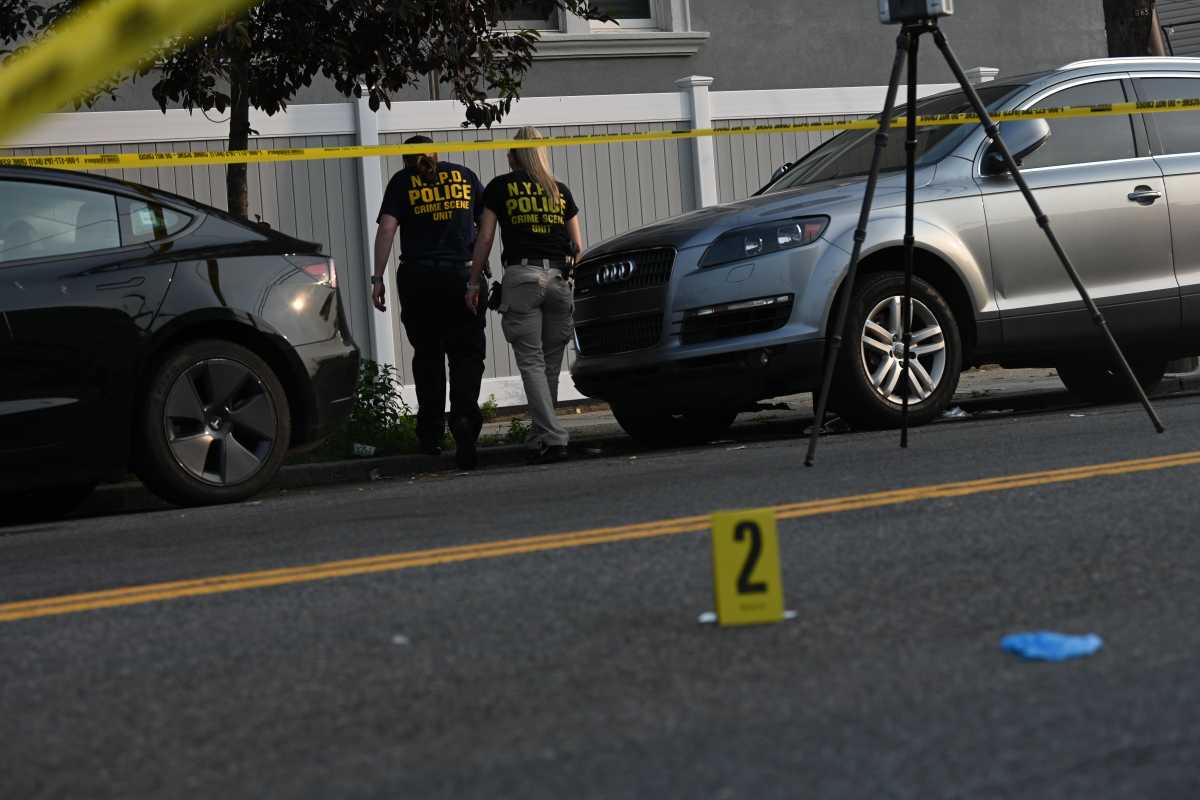The transition from analog to digital is quickly approaching, and many consumers are continuing to upgrade their outdated televisions in preparation of the June 12 deadline. While the switch to digital means better sound and picture quality, it also means more electronics entering the waste stream.
As a result, Waste Management is notifying everyone of the importance of giving these products a second life, not only to divert valuable resources from going to waste, but to also save on valuable landfill space. With more than 200 e−cycling drop−off points across the country, giving electronics a second life is both convenient and environmentally sound.
“We are already seeing a lot more of these outdated electronics leading up to the digital transition,” said Patrick DeRueda, president of Waste Management’s recycling services. “We hope to collect as much recyclable material as possible at our depots so that we may put these products towards reuse and recycling. This is part of our commitment to meet our sustainability goal of nearly tripling the amount of recyclables we manage by 2020.”
Recycling old gadgets means that useful materials — such as glass, plastic and metals — can be collected, disassembled and manufactured into other products. Recycling also reduces the amount of raw materials extracted, as well as energy required to make new materials.
According to the US Environmental Protection Agency, approximately two million tons of e−waste is recycled each year and that five million tons, a majority of which is consumer electronics, is currently being stored in garages and basements. For many electronics, most components can be recycled, like the glass screen on a television, the plastic casing, or the bits of metal in the circuit boards.
“People should also feel confident that whatever materials they drop−off will be handled in an environmentally safe manner,” DeRueda said. “Protecting the environment along with the people handling this waste stream is our highest priority.”
All electronics processed at Waste Management facilities are ISO 14001 and 9001 certified. In addition, Waste Management is also a signatory of the Basel Action Network’s Electronics Recycler’s Pledge of True Stewardship to manage electronic waste in a safe and environmentally conscious manner. This signifies the agreement to conduct electronics recycling transparently and in accord with rigorous environmental and worker safety standards, and to also adhere to measures preventing the export of hazardous e−waste to developing countries.
























